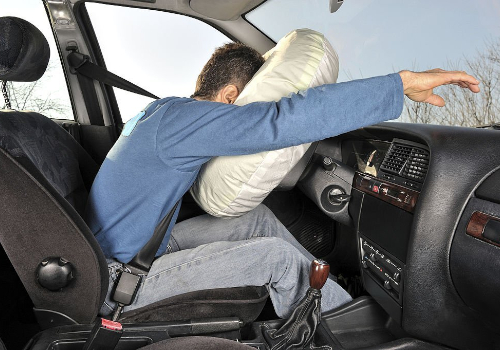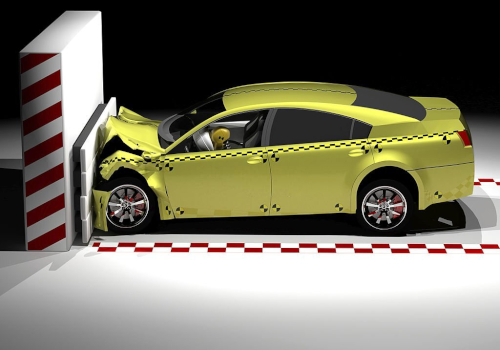Accidental car services can be complex and require specialized skills and equipment. It's important to choose a reputable and qualified auto repair facility to handle these services. If you're dealing with an accident and need repairs, your insurance company can often provide recommendations for approved repair shops. It's also important to be aware of your rights and responsibilities when it comes to insurance claims and repair work after an accident.
After an accident, the first step is to assess the damage to the vehicle. This assessment includes both visible and potential hidden damage. The severity of the damage will determine the extent of repairs needed.
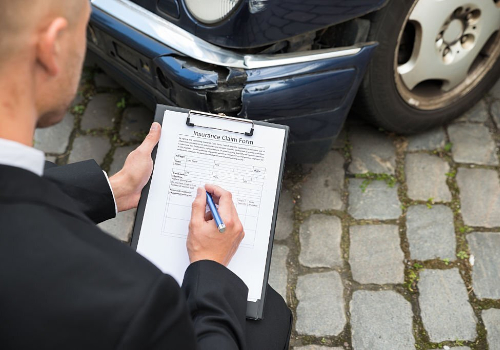
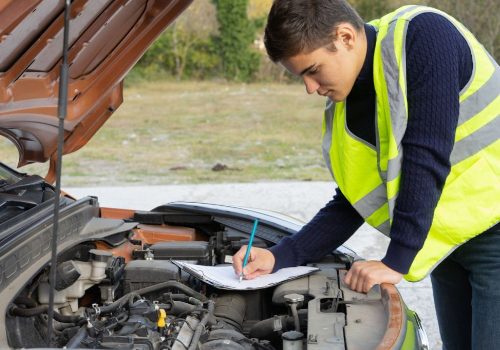
If the vehicle is not drivable after the accident, it may need to be towed to a repair facility. Some facilities offer storage services if the repairs are not started immediately.
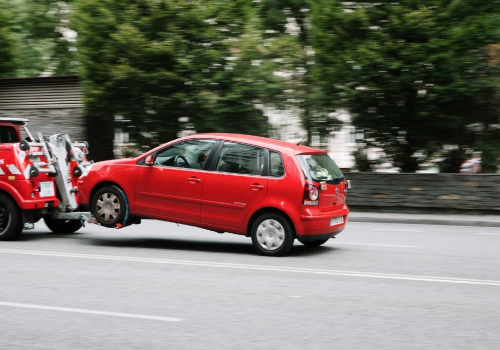
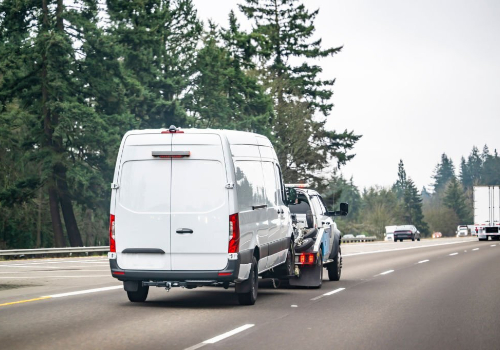
Depending on the insurance coverage, an insurance adjuster may inspect the vehicle to determine the scope of repairs and estimate the cost.

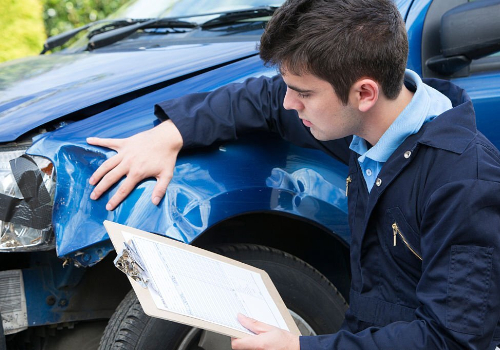
If the vehicle's frame or structure is damaged, it may require structural repairs using specialized equipment to ensure the vehicle's safety and alignment.
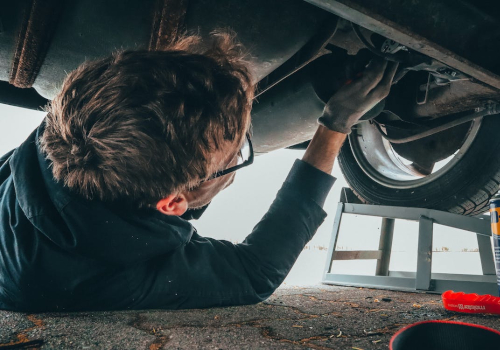
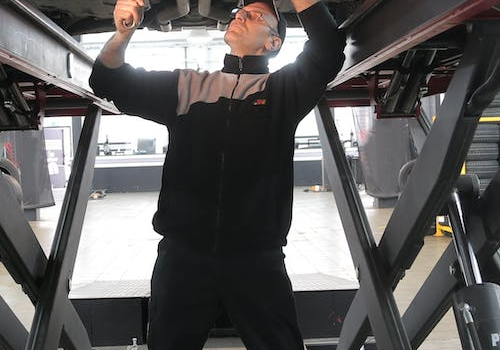
Body panels that are damaged, dented, or scratched are repaired or replaced as needed to restore the vehicle's appearance.
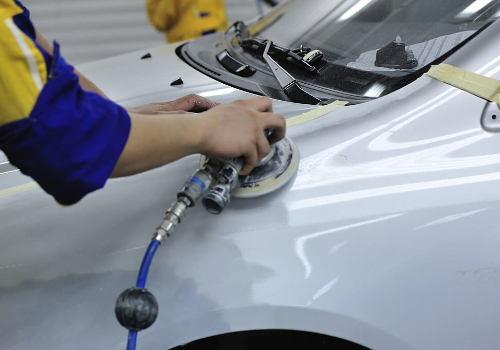
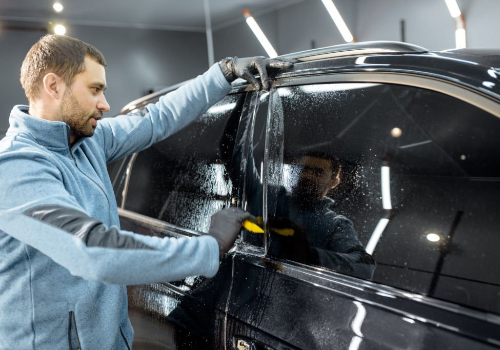
Repaired areas are primed, painted, and clear-coated to match the vehicle's original finish. Paint blending techniques are used to achieve a seamless appearance.
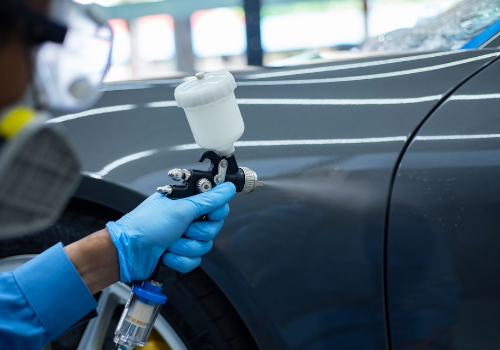
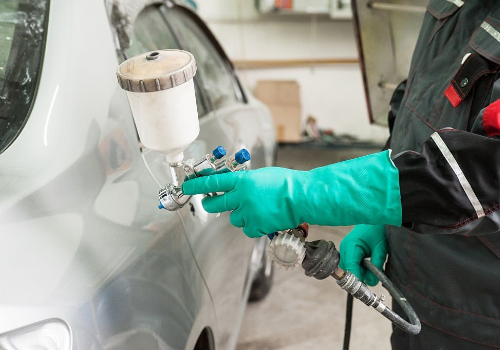
Mechanical components that have been damaged in the accident, such as the engine, transmission, suspension, and drivetrain, are repaired or replaced.
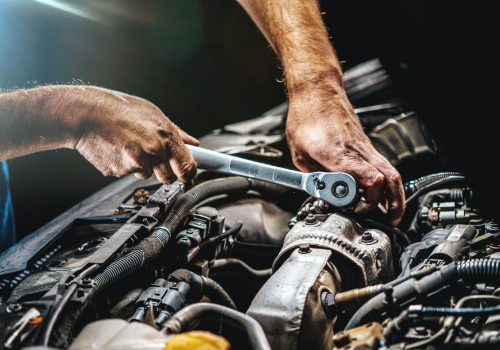
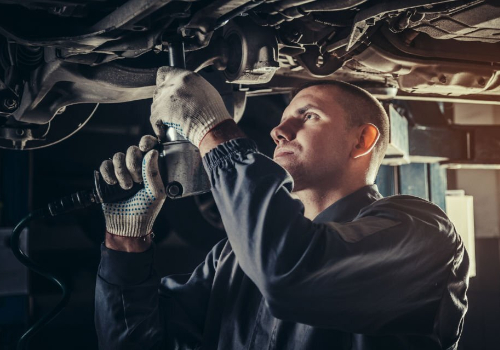
If the vehicle's electrical system is affected, repairs are made to ensure proper functionality of lights, sensors, airbags, and other electronic components.

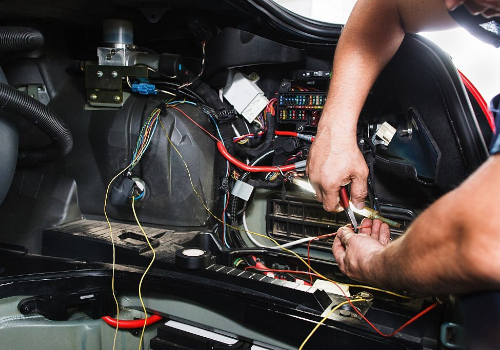
If the interior of the vehicle is damaged, repairs or replacements of seats, dashboard, carpeting, and other interior components may be needed.
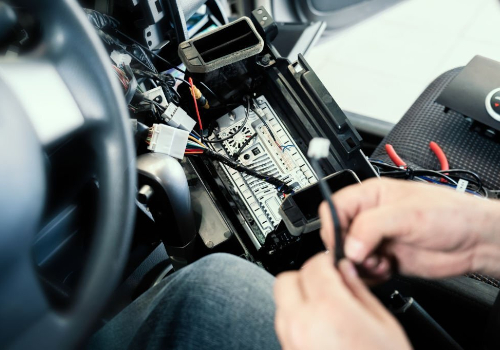
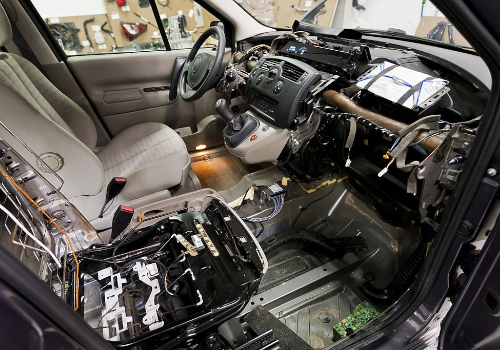
The vehicle's alignment and suspension components are inspected and adjusted to ensure proper handling and tire wear.
